News
-
 Health & Medicine
Health & MedicineQuick cooling after cardiac arrest questioned
For a decade, doctors have made induced hypothermia standard practice.
By Laura Beil -
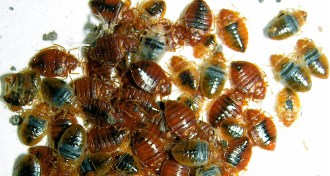 Animals
AnimalsMothballs, rubbing alcohol score poorly in tests of DIY bedbug control
Mattress encasement, dry ice in bags, hot clothes dryers do help control infestation.
By Susan Milius -
 Health & Medicine
Health & MedicineChanges in malaria parasite may make Africans more susceptible
Ominous signals are emerging simultaneously in population studies and under the microscope that Plasmodium vivax, a malaria parasite well known in Asia and Latin America, may have found a way to infect Africans.
By Nathan Seppa -
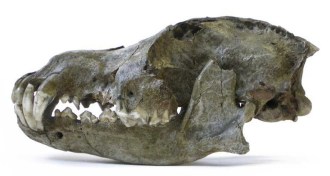 Genetics
GeneticsDogs’ origins lie in Europe
First domesticated canines did not live in China or Middle East, a study of mitochondrial DNA finds.
-
 Physics
PhysicsSingle photon detected but not destroyed
Researchers build first instrument that can witness the passage of a light particle without absorbing it.
By Andrew Grant -
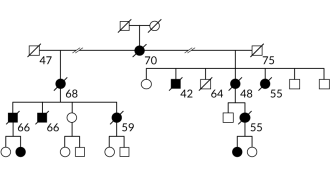 Health & Medicine
Health & MedicinePrion mutation yields disease marked by diarrhea
Rare prion ailment starts in adulthood, attacking the gut before brain.
By Nathan Seppa -
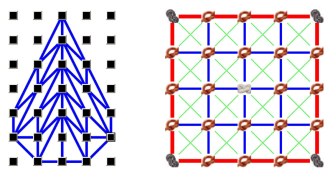 Humans
HumansBigger numbers, not better brains, smarten human cultures
An experiment using a computer game supports the idea that big populations drove the evolution of complex human cultures.
By Bruce Bower -
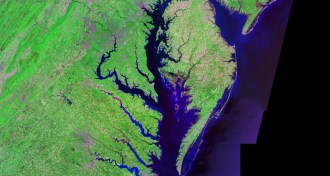 Oceans
OceansExtremely salty water is at least 100 million years old
Supersaline sediments off East Coast shed light on Atlantic Ocean’s early history.
-
 Neuroscience
NeuroscienceBacteria may transfer mom’s stress to fetus
Expecting mice under psychological pressure passed different mix of microbes to their pups, affecting the babies’ brains.
-
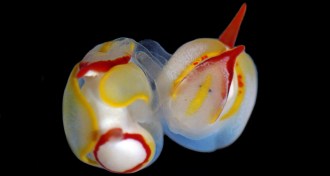 Animals
AnimalsSea slug mating features a stab in the head
Newly discovered hermaphroditic sea slug deploys specialized needle-thin organ for injections near the eyes.
By Susan Milius -
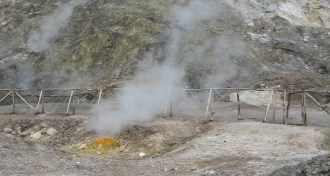 Microbes
MicrobesSurprising metals found in microbes
Scientists discover the first case of an organism needing a rare earth element for survival.
-
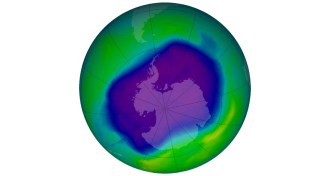 Climate
ClimateHistorical events linked to changes in Earth’s temperature
Ozone treaty, wars and Great Depression influenced global warming rate, scientists find.